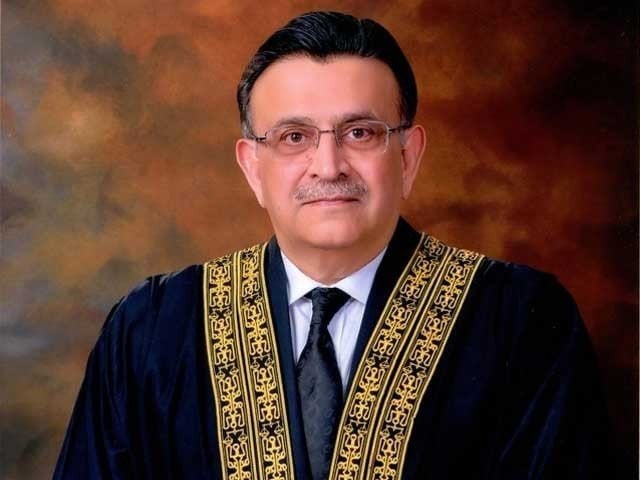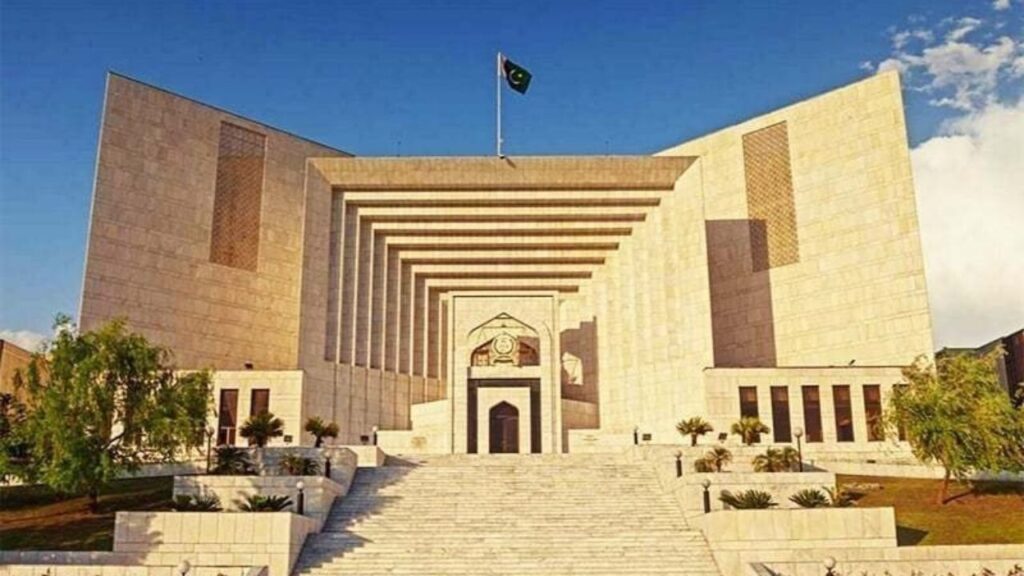ISLAMABAD: Attorney General for Pakistan (AGP) Mansoor Usman Awan has requested more time from the Supreme Court to achieve clarity on granting the right of appeal to the suspects facing military trials from the May 9 incident.
AGP addressed the bench during the hearing of identical petitions challenging the government’s decision to conduct trials of civilians in military courts. He stated that the matter requires careful consideration, ensuring that the country’s international standing is not affected.
When asked about the required time, the AGP requested one month to properly address the issue.
The six-member bench headed by the Chief Justice of Pakistan is currently hearing the petitions related to the matter.

Amendments to the army act
During the hearing, AGP Mansoor Usman Awan reiterated the importance of military courts. He assured the bench that arrests were made carefully after thorough investigations.
He argued that those who break the discipline of civilian forces come under the purview of the Army Act.
Justice Munib Akhtar questioned whether injuring an army officer amounted to preventing him from performing his duty.
He criticized the AGP for making contradictory statements, noting that the state cannot make any law beyond human rights. He said the AGP is suggesting that human rights are not applicable in this particular law.
The AGP explained that the law of trial in military courts for civilians came into force after the 21st constitutional amendment.
The Chief Justice of Pakistan inquired if civilians were included after the amendment of the Army Act. The AGP confirmed that they were.
Human Rights Question
Justice Munib Akhtar questioned the AGP about the parliament’s authority to include basic human rights in the Army Act. The AGP responded that Parliament indeed has the power to legislate.
Justice Akhtar further probed whether this means parliament can choose to grant or withhold basic human rights in the Army Act, to which the Attorney General agreed.
Justice Akhtar expressed concern that such a situation could lead to uncertainty and emphasized the need for clear and unambiguous laws.
Afterward, Justice Ijazul Ahsan pointed out that the 21st constitutional amendment was made to apply the Army Act to civilians.
Justice Ayesha Malik contended that human rights were protected by the proposed procedure for trials in the 21st constitutional amendment.
The AGP expressed his intention to explain the procedure of military trials. However, Justice Akhtar questioned the need for such an explanation if fundamental rights are not applicable.
The Chief Justice of Pakistan then asked the AGP to proceed with what he wanted to convey to the court.


